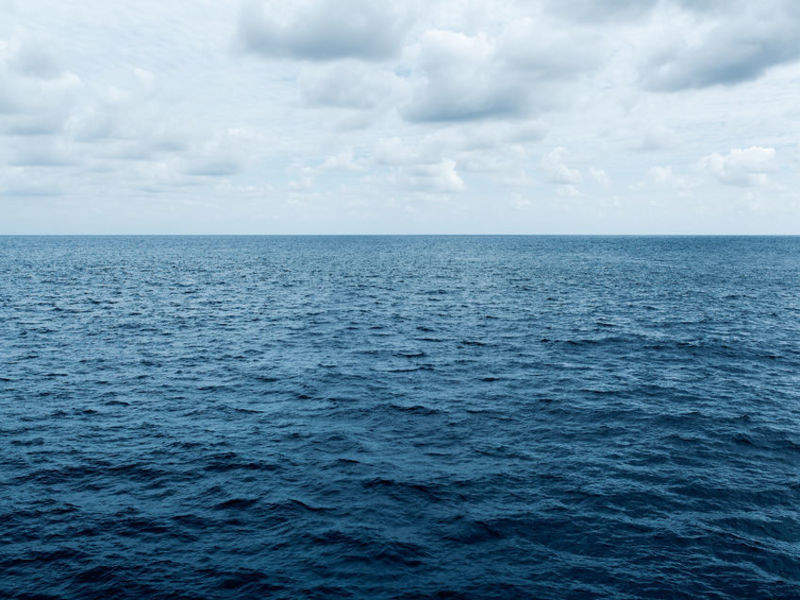

Scientists at the University of Aberdeen in Scotland have found that sub-zero temperatures in deepwaters of the North Atlantic will reduce the ability of oil-degrading microorganisms to mitigate major oil spills.
As part of the research, the scientists evaluated the effectiveness of these microorganisms, which are found in the deepwater sediments west of Shetland that hosts multiple oilfields.
University of Aberdeen professor Ursula Witte said: “Depleting oil reserves has forced the industry to explore progressively deeper waters, and the dramatic shrinking of Arctic sea ice means that previously inaccessible reserves are now considered for exploration.
"Understanding the environmental implications of an oil spill in the cold and deep ocean is therefore urgent to improve our response to a potential spill."
The microorganisms breakup spilled oil, aiding recovery and preventing it from reaching the seafloor.
See Also:
Accumulation of oil at the ocean floor can persist for decades causing multiple detrimental effects.
How well do you really know your competitors?
Access the most comprehensive Company Profiles on the market, powered by GlobalData. Save hours of research. Gain competitive edge.

Thank you!
Your download email will arrive shortly
Not ready to buy yet? Download a free sample
We are confident about the unique quality of our Company Profiles. However, we want you to make the most beneficial decision for your business, so we offer a free sample that you can download by submitting the below form
By GlobalDataScientists analysed samples from west of Shetland and found that degradation was significantly lower at temperatures of 0°C, similar to results witnessed in the North Atlantic and Arctic waters while the samples of the Gulf of Mexico at 5°C provided better results.
The results of dispersant applications also had variable effects. This technique is common for clearing oil spills
Furthermore, the study provided significant evidence that the environmental consequences of a major spill in colder waters would last substantially longer compared with other oil spills.
Image: Scientists at the University of Aberdeen have tested the ability of oil-degrading microorganisms found in deepwater sediments west of Shetland. Photo: courtesy of the University of Aberdeen.




